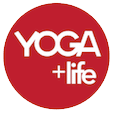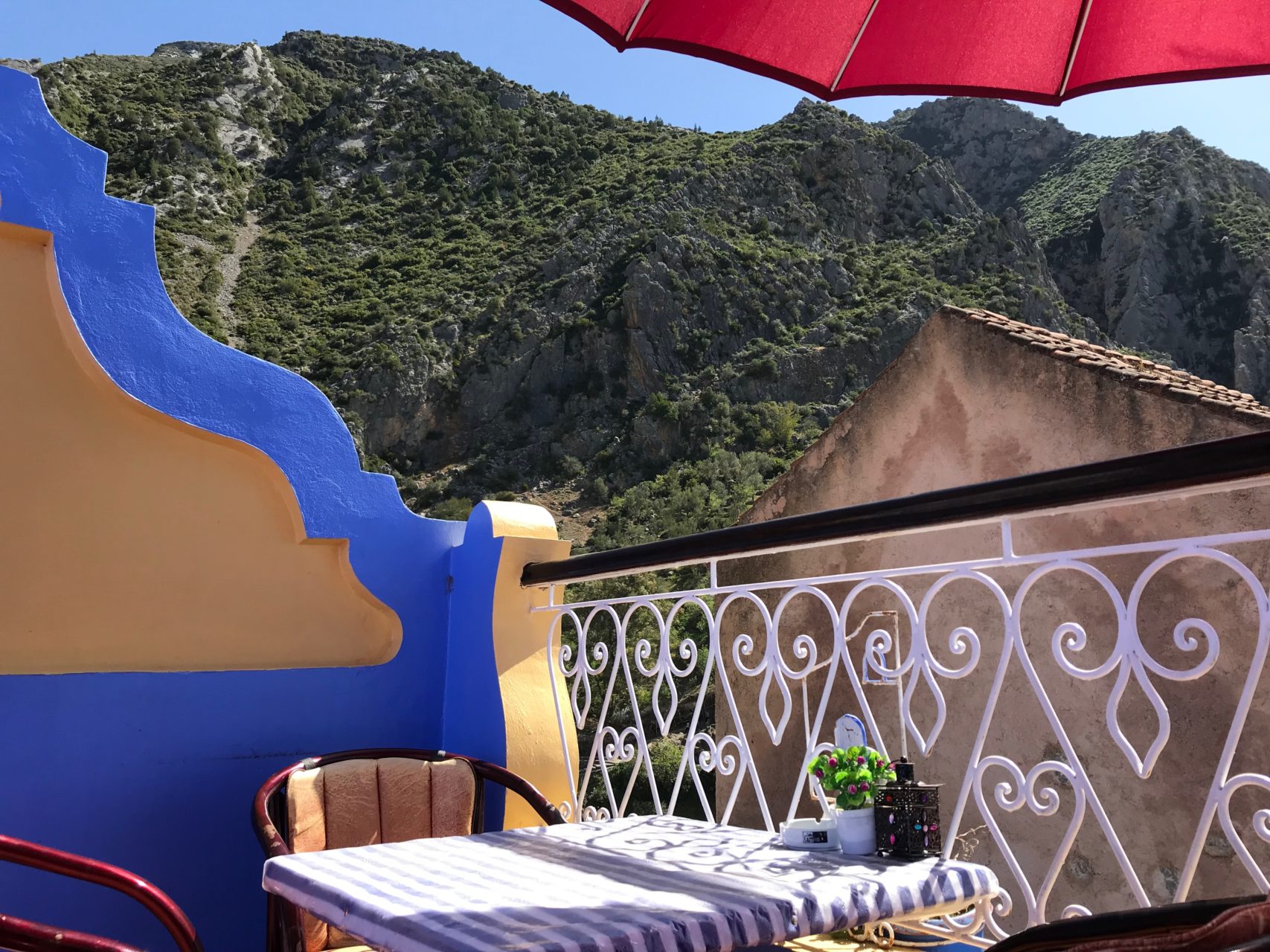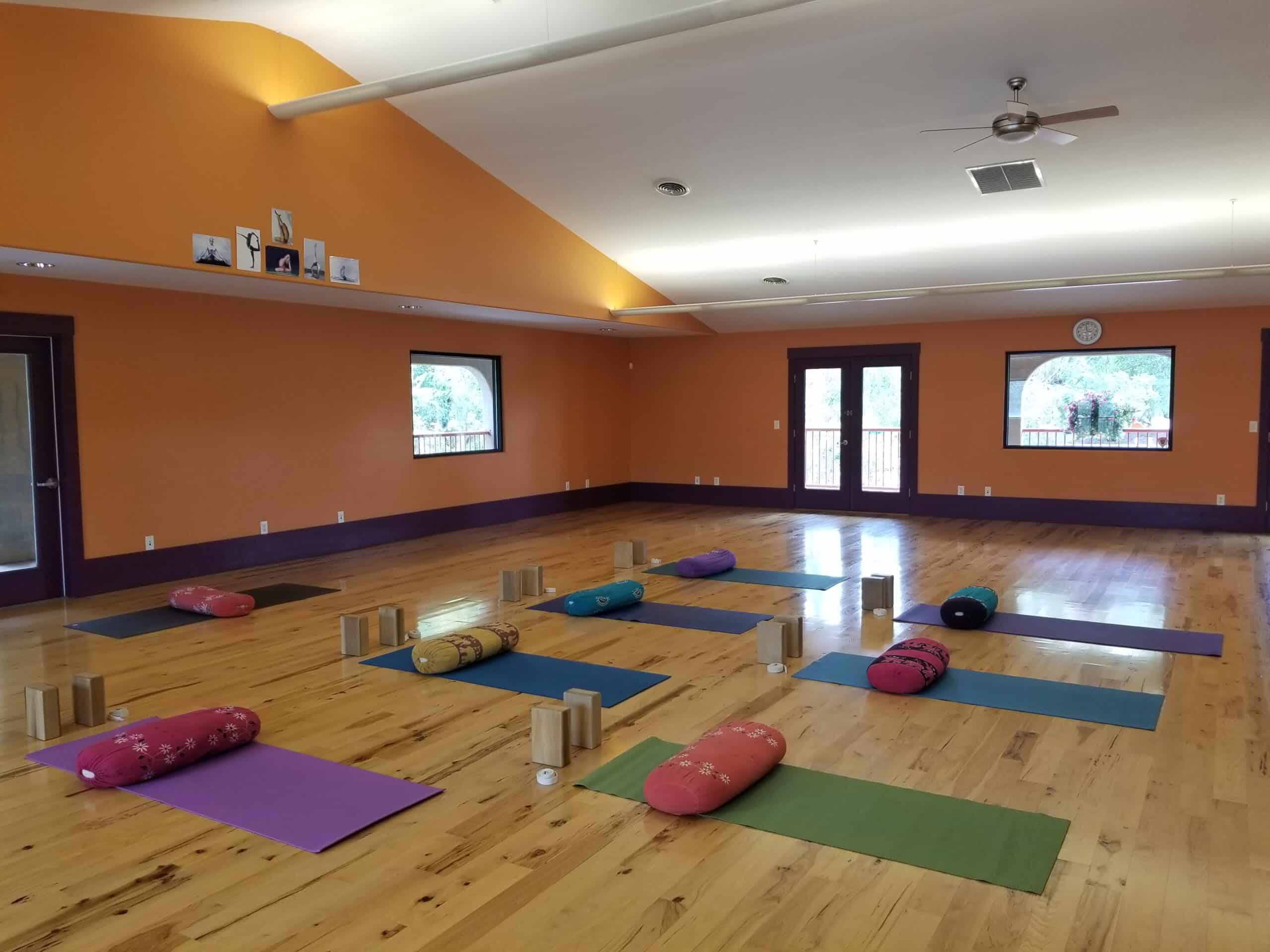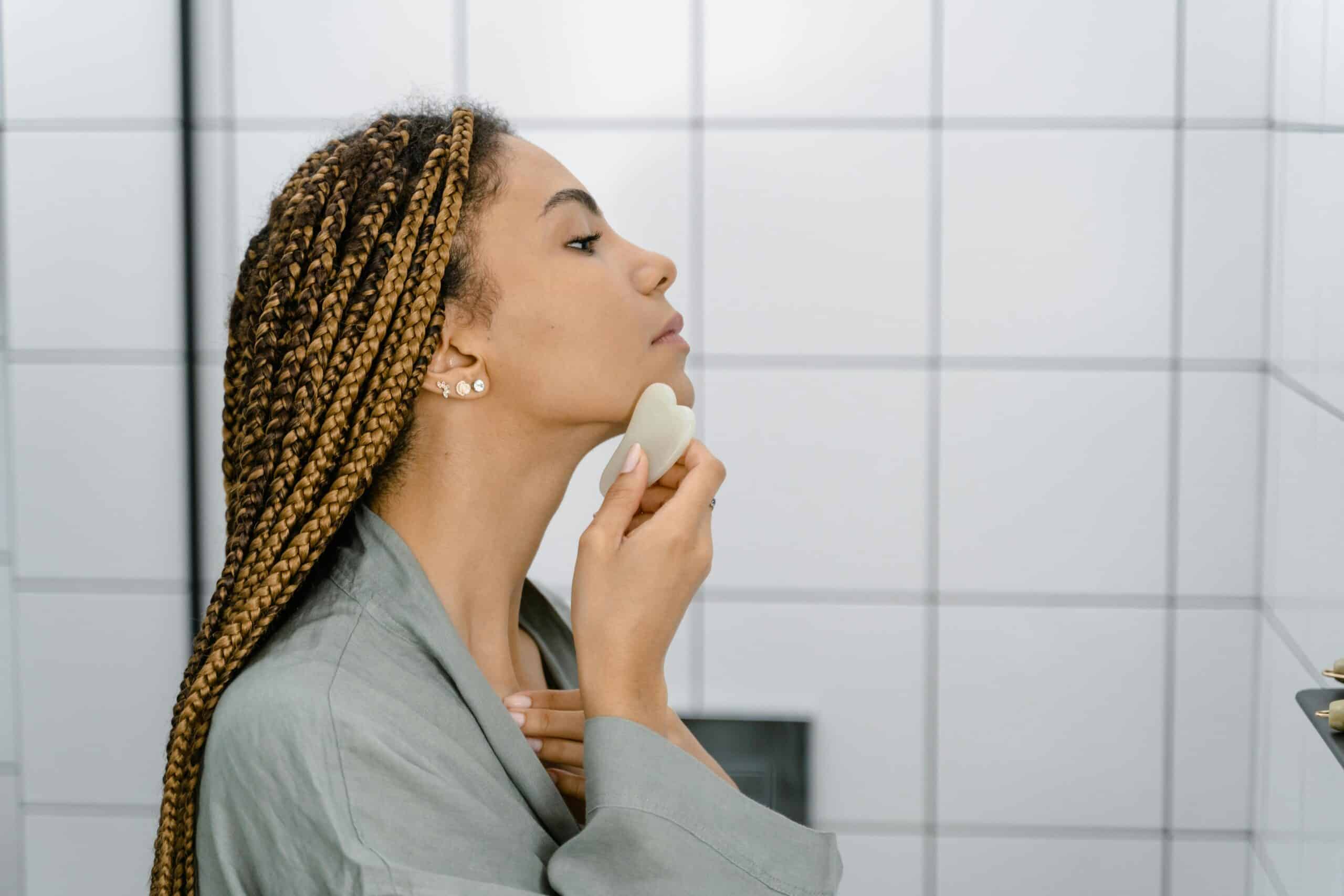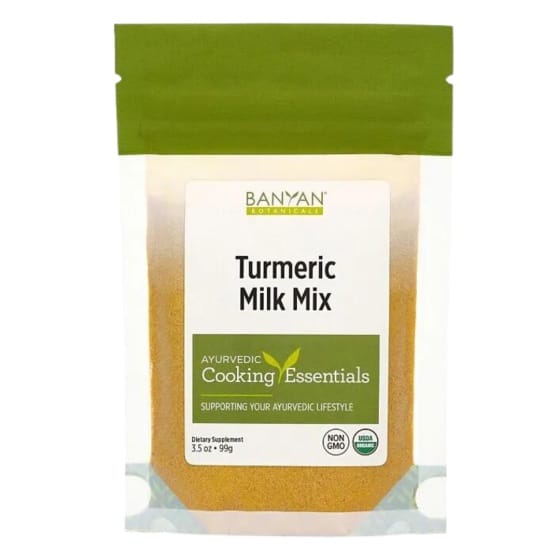Exploring Yin with Kari Kwinn | By Jordan Schultz
Originally published in the Summer + Fall 2018 issue.
Kari and I sat down via video with our cups of tea (for her) and coffee (for me) to chat about all things Yin. Having recently taken a Yin teacher training with Kari, I resonated with her perspective on the practice and what it brought to me as both a student and teacher. Wanting to learn more, I asked for Kari to share a bit about how Yin has influenced her and grown throughout the yoga community.
Kari, you have taught Yin teacher training to many yoga teachers in Colorado. Can you share your own journey to the teachings of Yin yoga?
I was exposed to yoga as a young child, so by the time I started to explore Yin, I had been teaching for 15 years. I was teaching and practicing a vigorous and athletic yoga at the time and feeling very worn down and undernourished. I decided to take a 10-day training with Bernie Clark who is considered a grandfather of Yin. For me, I found the practice to be challenging in an entirely new way and also a reprieve from personal stress. I never meant to start teaching other teachers but there was such a hunger for new ideas and approaches that I developed my own two-level training for Yoga teachers and have been offering trainings for the past four years. What I have learned from both practicing and teaching Yin is that there are multiple “right” ways to work with the body. Yin opened the door for me to additional medicinal teachings, like Chinese medicine and ways to heal the body. I love exploring this with students who feel Western medicine doesn’t have answers for them, or if they are questioning a diagnosis and their future fate.
Can you explain the difference between Yin and Restorative? They sometimes are thrown around interchangeably. Is there a difference?
To me, Yin is an intention, not a vocabulary of poses. It is about becoming comfortable in your own body and connecting to how you feel in the moment, while still exploring the edge of sensation. Restorative looks very similar to Yin, but the intention is to feel held, supported and nurtured, without any sense of an edge. Both are part of a healthy yogic diet in my mind but the true difference between the two can be felt as an internal process.
Your physical body is an incredible teacher and so tuning into both what you need and how your body responds to stillness is important.
Can you explain what you mean by “exploring an edge” in Yin?
The analogy that I like to use is the edge of the Grand Canyon. When I talk to students and ask them to explore the “edge” of sensation, everyone is going to interpret that slightly differently. Some students may walk right up to the edge of the Grand Canyon and dangle by their fingertips of the ledge. Others may stay in the car and just peak at the view. Yin is about finding the balance of an edge, without overdoing it. The yoga mat is a microcosm of life, it teaches you about yourself and shows you about your tendencies. Yin is simply another way of exploring and learning about who you are, without the distraction of a lot of physical movements.
Is there a bigger role for Yin yoga in our world today?
Yin Yoga is about seeking stillness and being comfortable with your own emotions and feelings that arise during the practice. Yin yoga is about exploring the opposites in nature, (light and dark, feminine and masculine, sun and moon). A lot of current yoga practices have a very masculine presence to them. Ashtanga, for example, was born out of wanting to create warriors out of men and instilling a disciplined practice for them to become stronger. Yin is perhaps the feminine energy we need to balance out a lot of society’s proclivities toward masculine energy. Even more than that, a Yin practice is a practice that can follow you through the whole arc of life and can support other practices and activities. It teaches you to lean into discomfort and can absolutely enhance anyone’s practice who might be feeling burnt out or trying to disassociate from life’s experiences.
Kari, what is currently inspiring you to grow?
Right now, my focus for the last year and a half has been on the process of recovery from addiction and how that may relate and interrelate to yoga practice, as a way in which people can support their process into healthy living. I’ve been focusing a lot on the ideas of self-worth. I have so many tools in my toolbox, especially as someone who grew up with yoga, but I still look for places that I have disregarded or overlooked, regarding my own personality traits. I believe in the Kundalini practice of yoga; that when you practice you heal the seven generations before you and the seven generations after you. To me, you don’t have to enter a spirit realm or commune with your ancestors to do this, but through practicing yoga, you are developing an understanding and transmuting some of the things you have inherited so that you don’t pass them down the line. By doing this, you absolve some of those places you have come from and honor your ancestors who did the best they could with what they had.
To learn about Kari’s yoga offerings or upcoming trainings, check out www.karikwinn.com.
Photo credit: Love Roots Photography
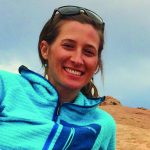 Jordan Schultz is a Colorado native and long-time resident of Breckenridge, Colorado. She is a licensed social worker, a certified yoga teacher and an avid outdoorswoman. Jordan has experience in non-profits and teaches for University of Denver. She is passionate about outdoor adventures, yoga and people. Her favorite place to be is outdoors with her husband and two labs. Follow Jordan’s adventures on Instagram at @skichica.
Jordan Schultz is a Colorado native and long-time resident of Breckenridge, Colorado. She is a licensed social worker, a certified yoga teacher and an avid outdoorswoman. Jordan has experience in non-profits and teaches for University of Denver. She is passionate about outdoor adventures, yoga and people. Her favorite place to be is outdoors with her husband and two labs. Follow Jordan’s adventures on Instagram at @skichica.Naturally caffeine-free and filled with adaptogens superfoods, the Turmeric Milk Mix will nourish your whole self. It [...]
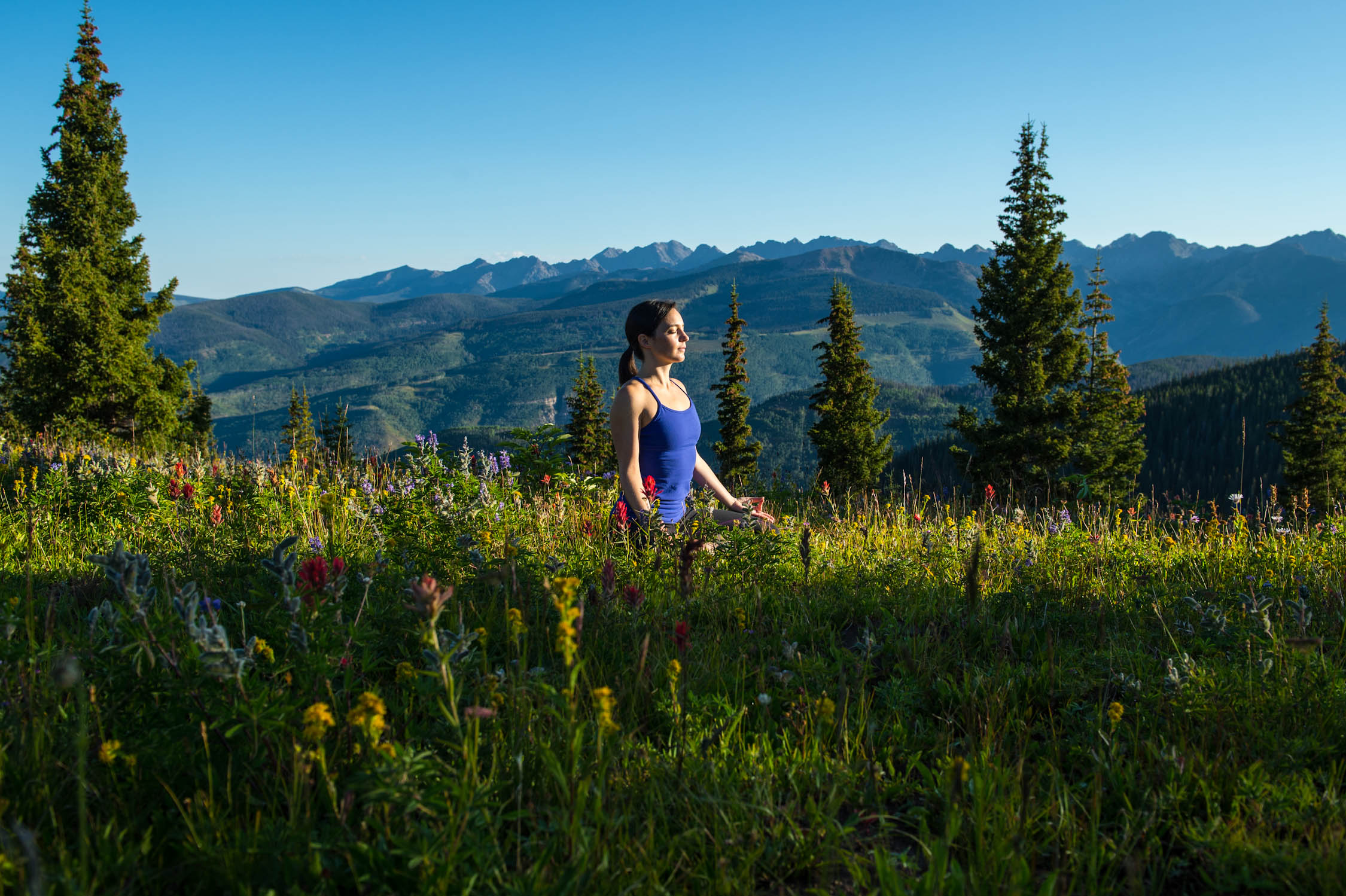
Subscribe to Our Tribe
Stay up to date with Y+L News, Events and special announcements.
